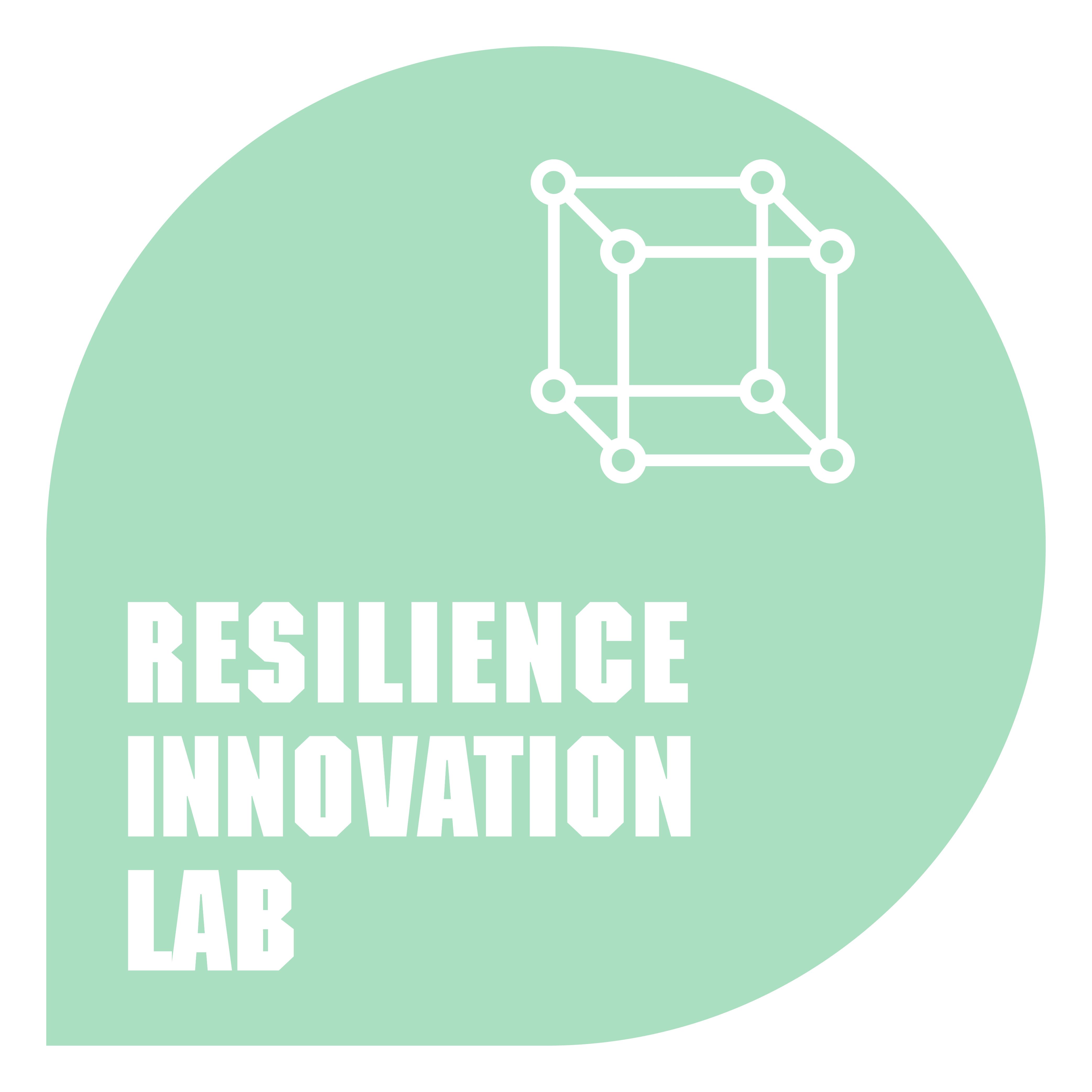
In social movements, Web3 technology is increasingly demonstrating its potential, particularly in the areas of financial independence and information freedom.
1/ Cryptocurrencies: Economic Freedom and Financial Privilege
First, let’s define the concept of “reserve currency”. A reserve currency is an internationally accepted and widely used currency within the global financial system. It is primarily used for international trade, payments, and foreign exchange reserves. Today, reserve currencies include the US dollar, the euro, and the Japanese yen, among a few others. However, statistics show that less than 20% of the world’s population lives in countries that issue reserve currencies, meaning that the majority of nations must rely on these international currencies for trade and financial transactions.
As Alex Gladstein, CEO of the Human Rights Foundation, describes in his book Check Your Financial Privilege, this unequal distribution of currency has created what is known as “financial privilege”. Countries with reserve currencies enjoy greater financial stability, while others are more vulnerable to currency fluctuations and economic instability.
For example, many South American countries have long struggled with hyperinflation. In Venezuela, inflation soared to 1,000,000% in 2018, rendering the local currency almost worthless. As a result, residents had to seek alternative stores of value, with many turning to cryptocurrencies such as Bitcoin to protect their assets and safeguard against the collapse of the domestic financial system. Similarly, in Ethiopia, government restrictions prevent residents from holding US dollars, severely limiting their financial freedom. The emergence of cryptocurrencies has provided a way to bypass government-imposed restrictions, allowing individuals to maintain essential economic activities.
2/ Cryptocurrencies: “Economic Terrorism” and Financial Control
Beyond financial privilege, another serious issue is the phenomenon of “economic terrorism”. This refers to a tactic employed by authoritarian governments, where monetary supply manipulation is used to control people’s economic freedom and further entrench corruption. In Sudan, prolonged economic sanctions and government corruption have made it extremely difficult for citizens to access international currencies or even obtain basic financial services. The Sudanese government not only restricts financial freedom but also manipulates the monetary supply to maintain its grip on power. In such an environment, cryptocurrencieshave emerged as a tool to circumvent government control, allowing local residents to safeguard their financial autonomy.
Another noteworthy example is Palestine. Due to Israeli control, Palestine is unable to establish its own monetary system, forcing residents to use the Israeli currency for transactions. Even when international aidis provided to Palestinian civil society, it is only distributed in Israeli currency, inadvertently strengthening Israel’s financial system. This creates a dilemma for Palestinian activists and ordinary citizens—how can they accept external funding without further reinforcing the very financial system they oppose?
For many Palestinian activists, cryptocurrencies—particularly Bitcoin and stablecoins—offer a solution to this predicament. By using cryptocurrencies, they can circumvent the Israeli financial system while also protecting their financial privacy and freedom. For them, using cryptocurrencies is not just an economic survival strategy—it is a form of “everyday activism”. In this context, cryptocurrencies are not only transforming financial behaviour but also serving as a powerful expression of resistance against financial oppression.
3/ Cryptocurrencies as a Donation Tool for Supporting NGOs
The rise of cryptocurrencies has provided non-governmental organisations (NGOs) and social movements with new channels for receiving donations, particularly when traditional financial systems are subject to intervention.
A notable example is WikiLeaks. After exposing a vast number of classified documents, the organisation faced financial blockades from major banks worldwide. Even in Switzerland, a country known for its strict banking secrecy laws, WikiLeaks’ bank accounts were frozen. At this critical moment, Bitcoin became a lifeline for WikiLeaks. Supporters were able to bypass the restrictions of the traditional financial system and continue funding the organisation through cryptocurrency donations. This case highlights the importance of having a currency that operates independently of traditional financial institutions, ensuring that oppressed groups and individuals can still receive international support despite external financial pressure.
4/ Cryptocurrencies for Humanitarian Aid
Cryptocurrencies are now widely used in humanitarian aid, particularly for communities that lack access to traditional banking systems.
A key example is Stellar’s aid programme, which provides fast, low-cost blockchain payment solutions to support unbanked refugees. Similarly, the United Nations High Commissioner for Refugees (UNHCR) has been exploring this technology, using cryptocurrencies to directly distribute aid funds to refugees—overcoming the barriers that prevent traditional banks from serving these populations. The success of these aid initiatives demonstrates the potential of cryptocurrencies as a global humanitarian tool, offering lifeline support to those who have been excluded from the traditional financial system.
5/ Global Trends in Cryptocurrency Bans
These cases illustrate how cryptocurrencies, as an economic tool, have helped people in various social and political contexts break free from authoritarian governments and unstable financial systems, ultimately achieving economic freedom.
Despite the positive economic and social impacts of cryptocurrencies, concerning trends have begun to emerge worldwide. For instance, a recently proposed EU law not only sets limits on cash payments but also seeks to ban anonymous cryptocurrency transactions—a move that has been criticised as “financial paternalism”.
Governments typically justify such measures as necessary to combat money laundering by terrorist organisations and criminal groups. However, these regulations often disproportionately affect social activists and ordinary citizens, rather than the criminals they are meant to target. Meanwhile, wealthy and well-resourced criminals often find ways to circumvent these regulations, leaving everyday people subjected to increased financial surveillance and restrictions.
Therefore, discussions surrounding such policies must be approached with greater caution, ensuring that the regulations do not ultimately harm the very people they are meant to protect.
For more insights into Web3’s characteristics and its application in social movements, refer to our publication: “Decentralised Data Recording: A Beginner’s Guide to Web3 File Preservation” (Chinese Only).

Comments are closed